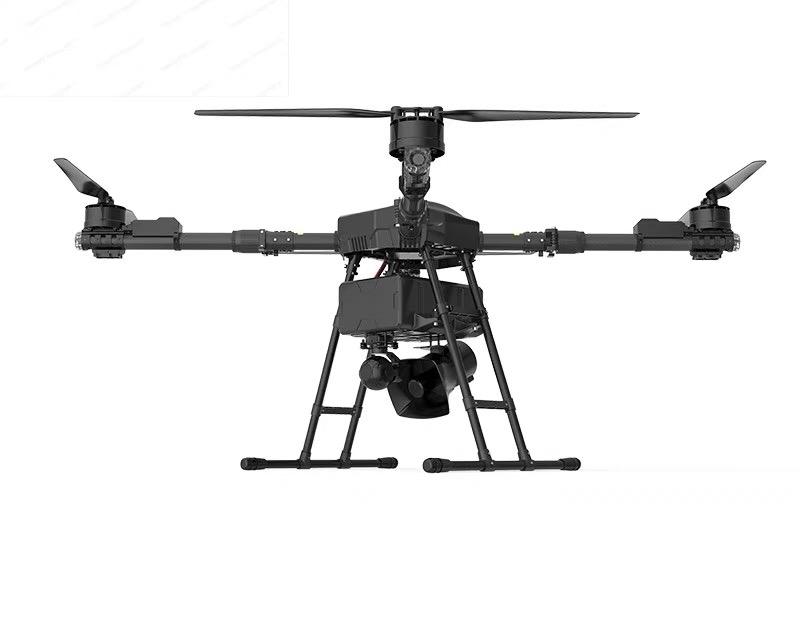In recent years, the realm of drone helicopter technology has witnessed remarkable advancements. As we delve into the future, it’s essential to understand not only the innovations but also the implications these developments bring. Drone helicopters, once perceived as mere recreational devices, are now evolving into pivotal tools across various sectors including agriculture, military, and environmental conservation. The incorporation of sophisticated AI and machine learning algorithms allows these futuristic flying machines to perform tasks autonomously with incredible precision.
One significant aspect of drone helicopter technology is evident in agriculture. Farmers utilize drones equipped with thermal cameras and multispectral sensors to monitor crop health, detect pest infestations, and optimize irrigation. This automated approach fosters more sustainable farming practices and maximizes yield output, impacting food security on a global scale. Furthermore, drone helicopters are increasingly becoming crucial in combating deforestation and conducting wildlife surveys, thus contributing to biodiversity preservation.
Military and Security
The military applications of drone helicopters are both expansive and strategic. Their ability to operate in hostile environments with minimal risk to human life is revolutionizing surveillance and reconnaissance missions. Equipped with advanced technology, these drones offer real-time data collection and transmission, drastically improving decision-making capabilities on the battlefield. Additionally, drone helicopters aid in search and rescue operations, navigating challenging terrains to provide rapid assistance.

Delivery Services and Urban Use
Commercial sectors are not left behind in this wave of innovation. Companies invest heavily in developing drone helicopters for delivery services, promising a future where parcels soar through the skies rather than clogging urban streets. This shift not only increases efficiency but also environmental benefits by reducing carbon emissions associated with traditional transportation methods.
Environmental Monitoring and Conservation
Drone helicopters play a significant role in environmental monitoring efforts. Their ability to cover vast areas with precision makes them invaluable tools for conservationists and researchers. Whether surveying marine areas for illegal fishing activities or tracking the movement patterns of endangered species, drones provide data crucial for creating effective conservation strategies.